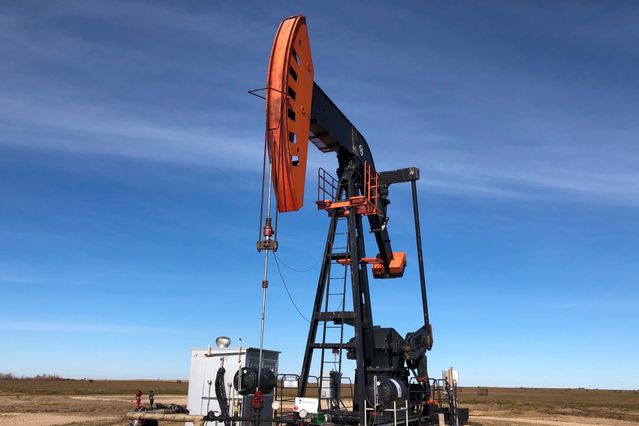Oil prices remained stable on Thursday, with Brent crude staying near its January highs. The likelihood of a further interest rate hike in the United States diminished after the release of inflation data.

U.S. Interest Rate Hike Fades; Oil Prices Stabilized|Barron’s
The OPEC expressed optimism regarding the future demand for oil as speculations of interest rate hike dwindles.
Both Brent crude and West Texas Intermediate crude have been experiencing a continuous upward trend since June. On Thursday, WTI reached its highest price this year, while Brent crude hit its highest price since January. However, currently as interest rate hike dwindles, Brent crude is down by 23 cents, trading at $87.32 per barrel, and WTI is down by 37 cents, trading at $84.03 per barrel.
On Thursday, OPEC predicts in its monthly report a strong oil market for the remainder of the year. It also remains confident in its forecast for high oil demand in 2024, taking into account the global outlook of interest rate hike.
John Evans, an oil broker from PVM, says that both commentators and traders are currently focused on fundamentals rather than larger macroeconomic concerns. The oil industry is choosing to overlook the poor state of China’s manufacturing, its property sector, and persistent global inflation as issues that could affect the market.
The U.S. consumer prices data for July suggests that the Federal Reserve may soon stop increasing interest rate hike aggressively. The market did not react strongly to the increase in U.S. crude oil stocks on Wednesday, following a significant decrease the previous week.
It was said that the US inflation data could signal an end of interest rate hikes.
Concerns have been raised about fuel demand in China, as recent data shows deflation in the consumer sector and a continued decline in factory gate prices in July.
A Live Mint article reports that there’s a decline in oil price amid expectations of another federal interest rate hike from the Federal Reserve against signs of a tighter market.
In a Live Mint article released last July 24, it was mentioned that US central bank policymakers are considering an interest rate hike again, to control inflation. However, previous interest rate hike by the US Fed have led to a recession in the world’s largest economy and impacted its energy demand.
Analysts from National Australian Bank believe that although another interest rate hike by the Federal Reserve may cause short-term price fluctuations, the tightening market conditions resulting from OPEC’s supply cuts, along with increasing speculation of further stimulus in China, will likely lead to higher prices throughout the 3Q23.
























